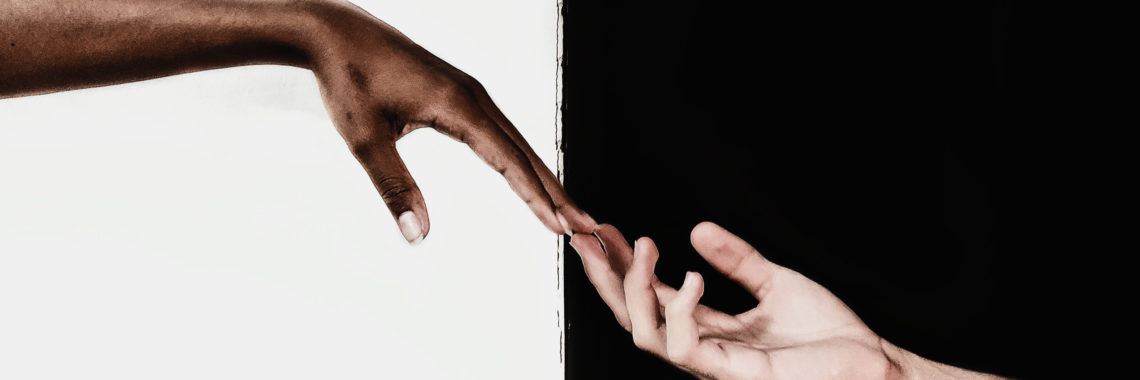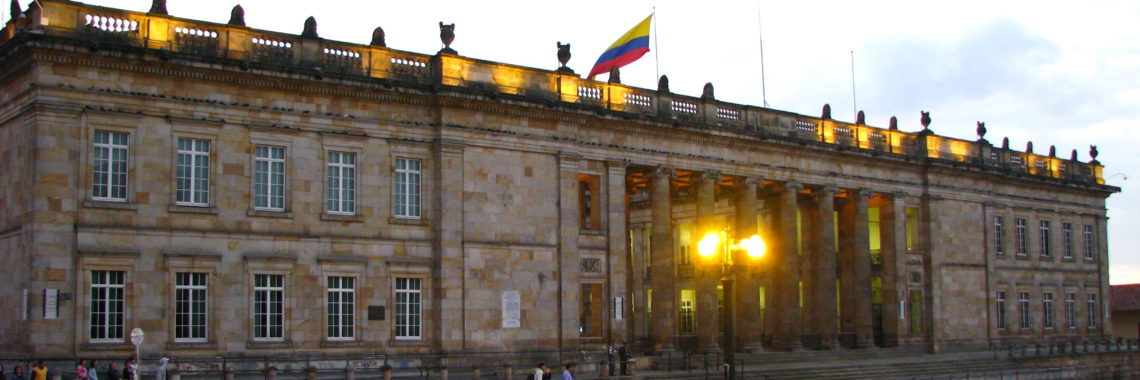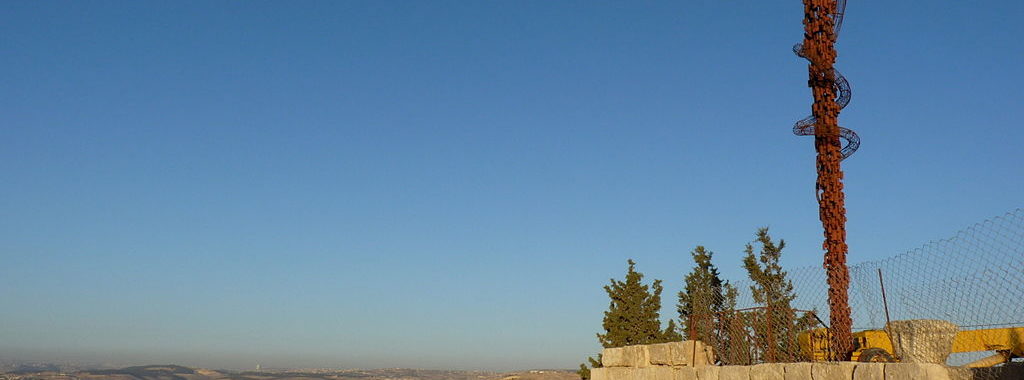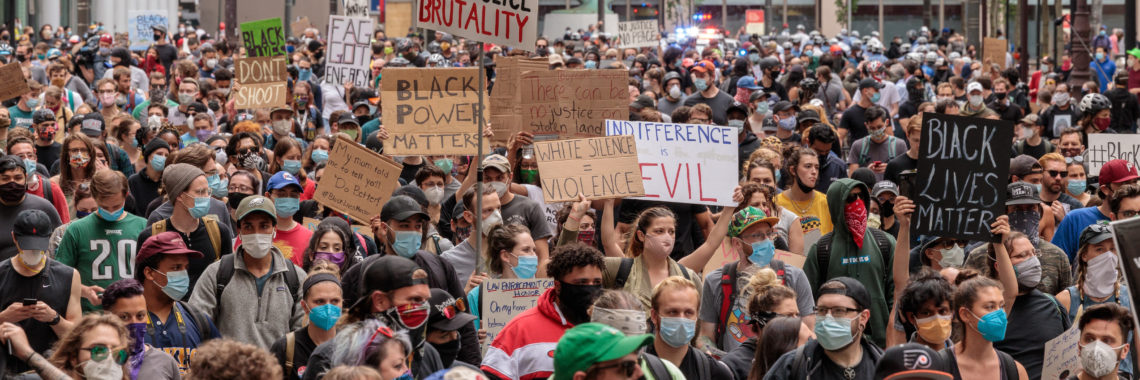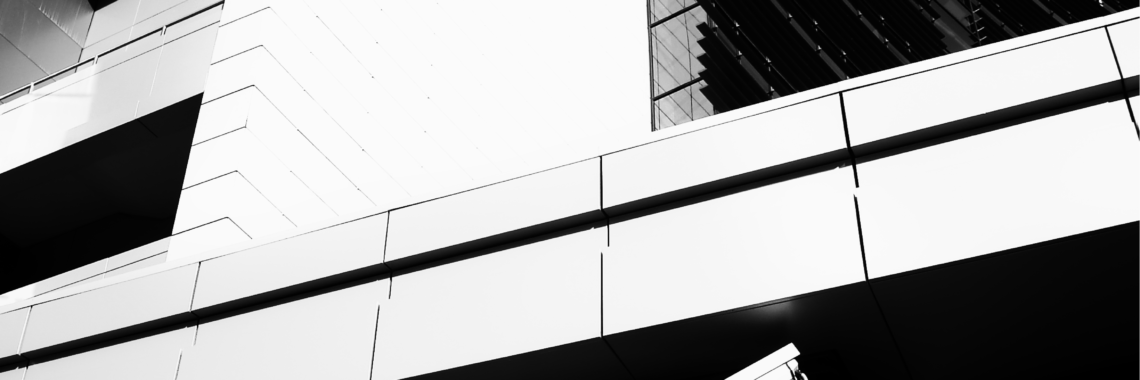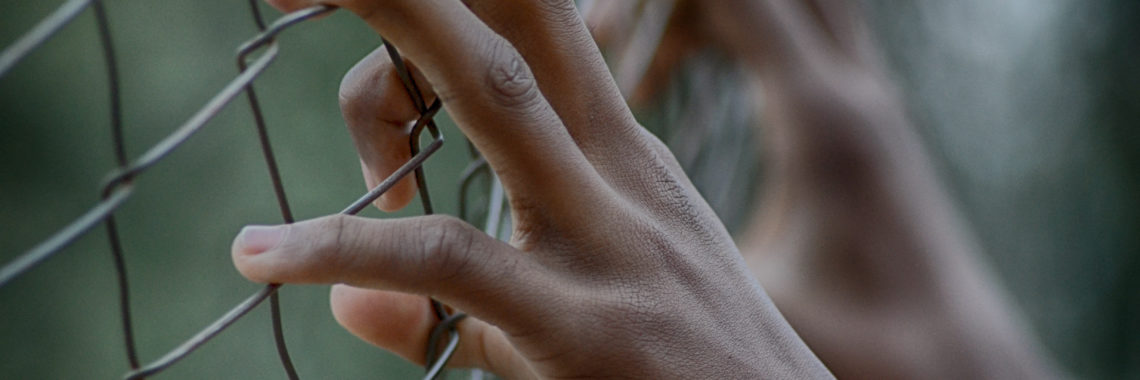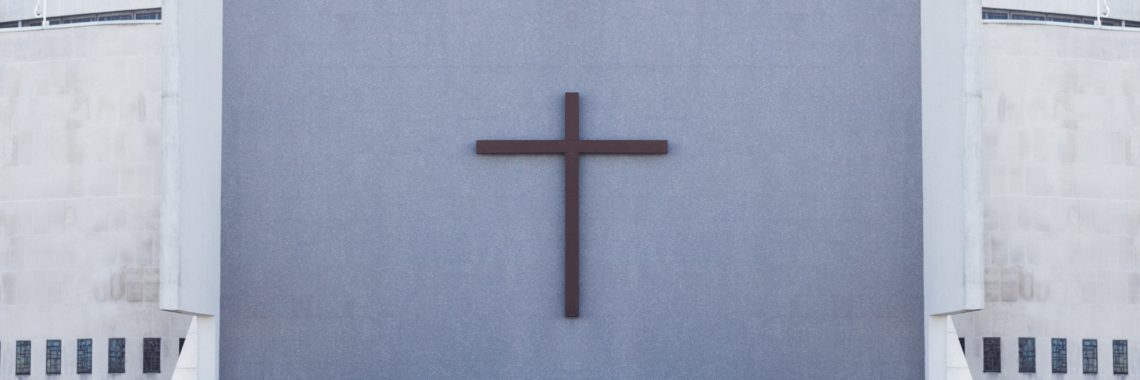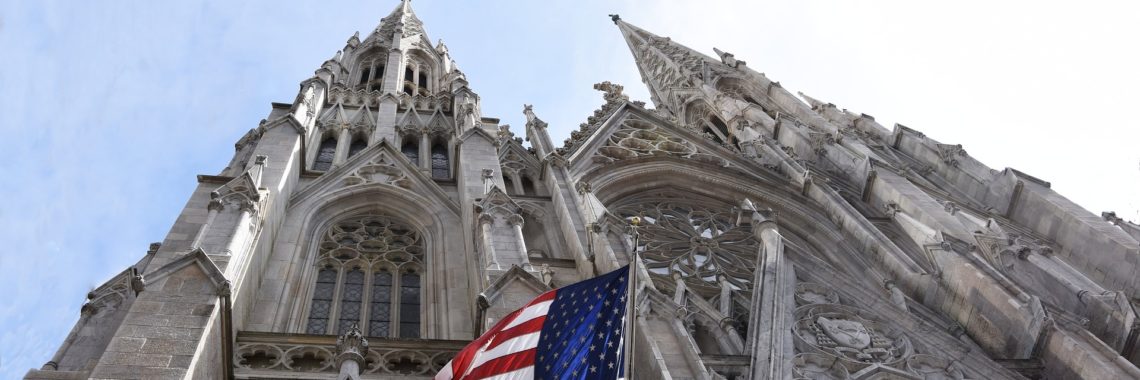“The Social Gospel in Black and White, Then and Now” by Gary Dorrien
Photo by Nadim Shaikh from Pexels This essay was originally delivered as a speech at the annual dinner of Cooperative Metropolitan Ministries of Greater Boston on June 6, 2020. I am grateful for the invitation of Rodney Petersen and the Cooperative Metropolitan Ministries of Greater Boston to speak at this year’s annual dinner, this year a virtual event in…


